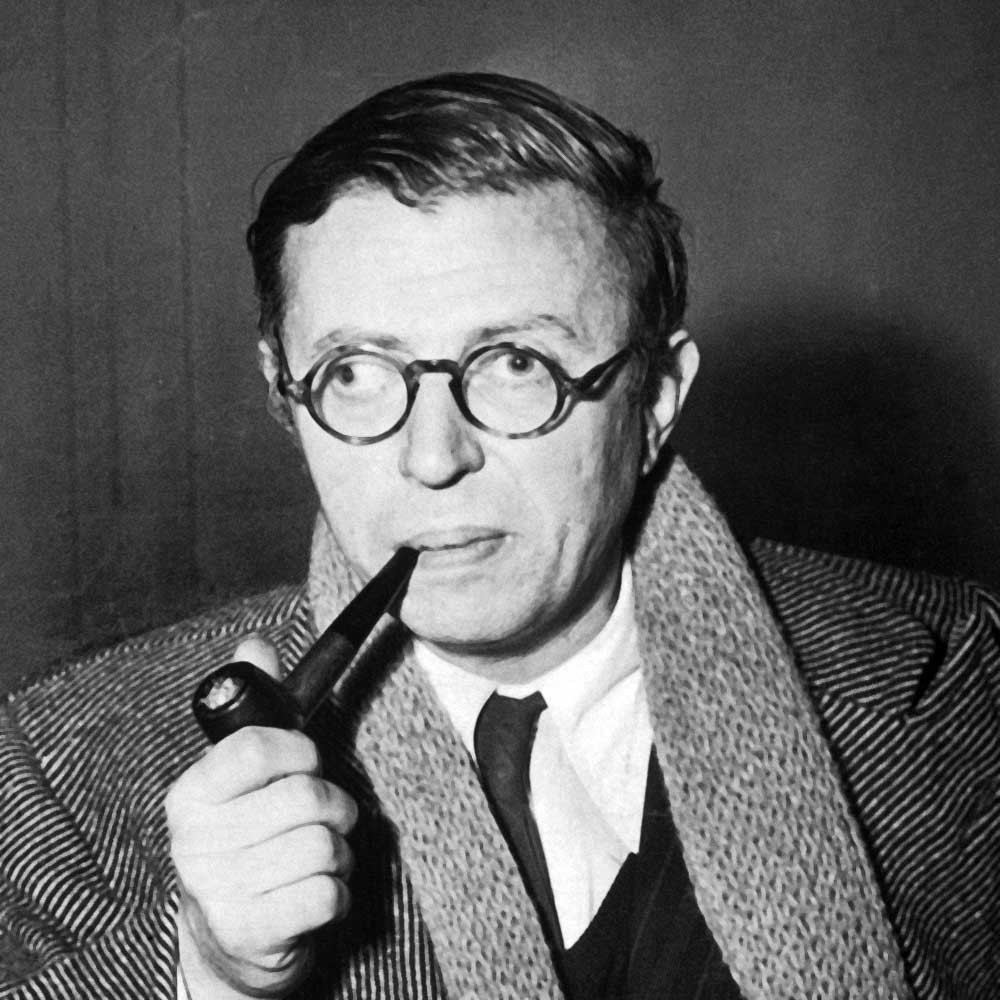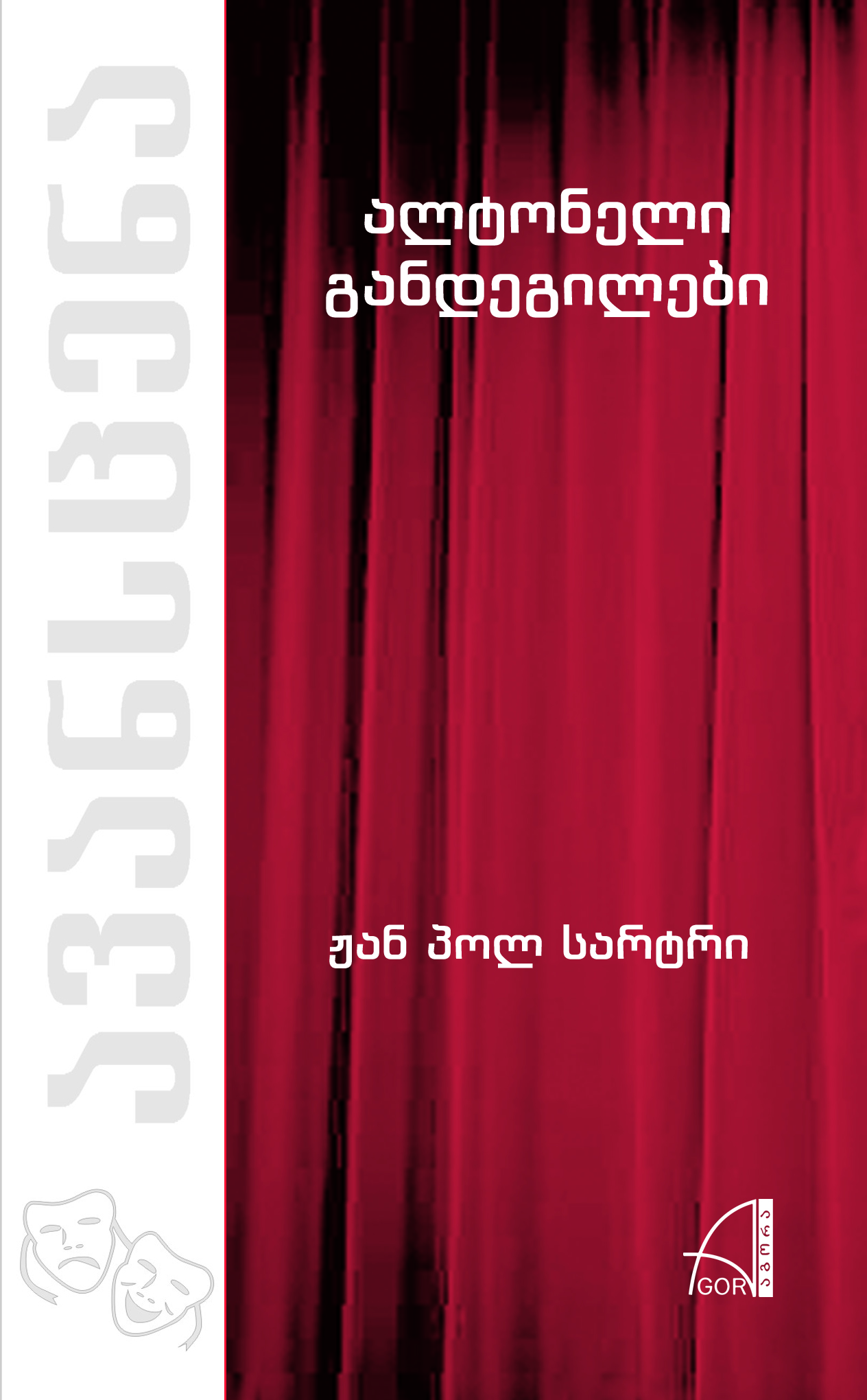
Jean-Paul Sartre
- 1905-1980
Jean-Paul Sartre, born in Paris on June 21, 1905, began, together with his peers at the École Normale Supérieure, to challenge bourgeois values at an early age. He briefly taught at a high school in Le Havre before continuing his philosophical studies at the French Institute in Berlin. From his earliest philosophical works – The Imagination, Sketch for a Theory of the Emotions, The Imaginary – his intellectual originality was clear, culminating in the development of existentialism in Being and Nothingness and Existentialism Is a Humanism. Sartre rose to fame with his stories, novels, and essays – Nausea, The Wall, The Roads to Freedom, Anti-Semite and Jew, Baudelaire, Saint Genet, Situations, The Family Idiot. His plays – The Flies, No Exit, The Respectful Prostitute, Dirty Hands, The Devil and the Good Lord, The Condemned of Altona – were also highly successful. Politically active, Sartre declined the Nobel Prize in 1964, took part in the Russell Tribunal, and directed La Cause du Peuple and later Libération.

.jpg)
